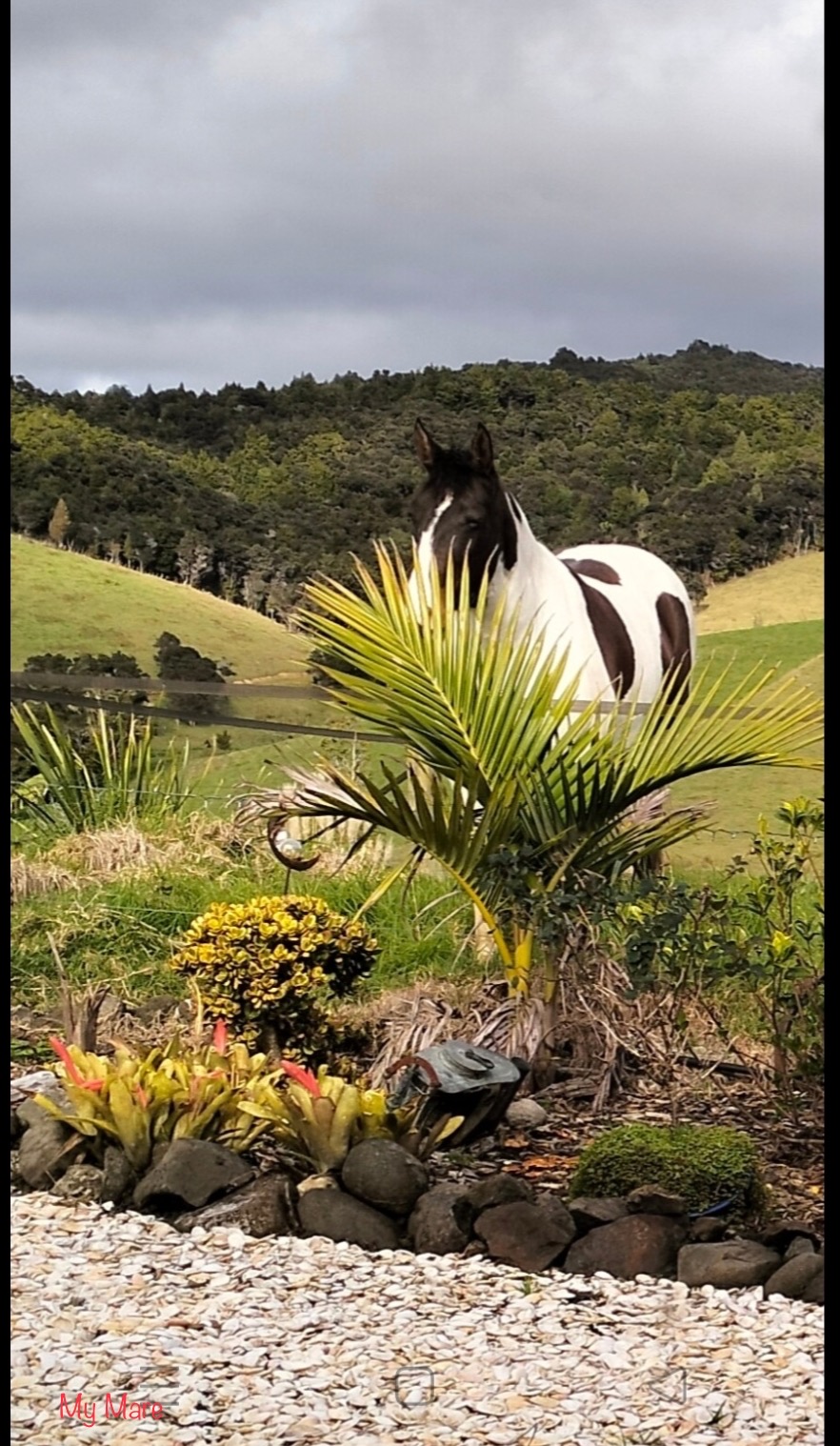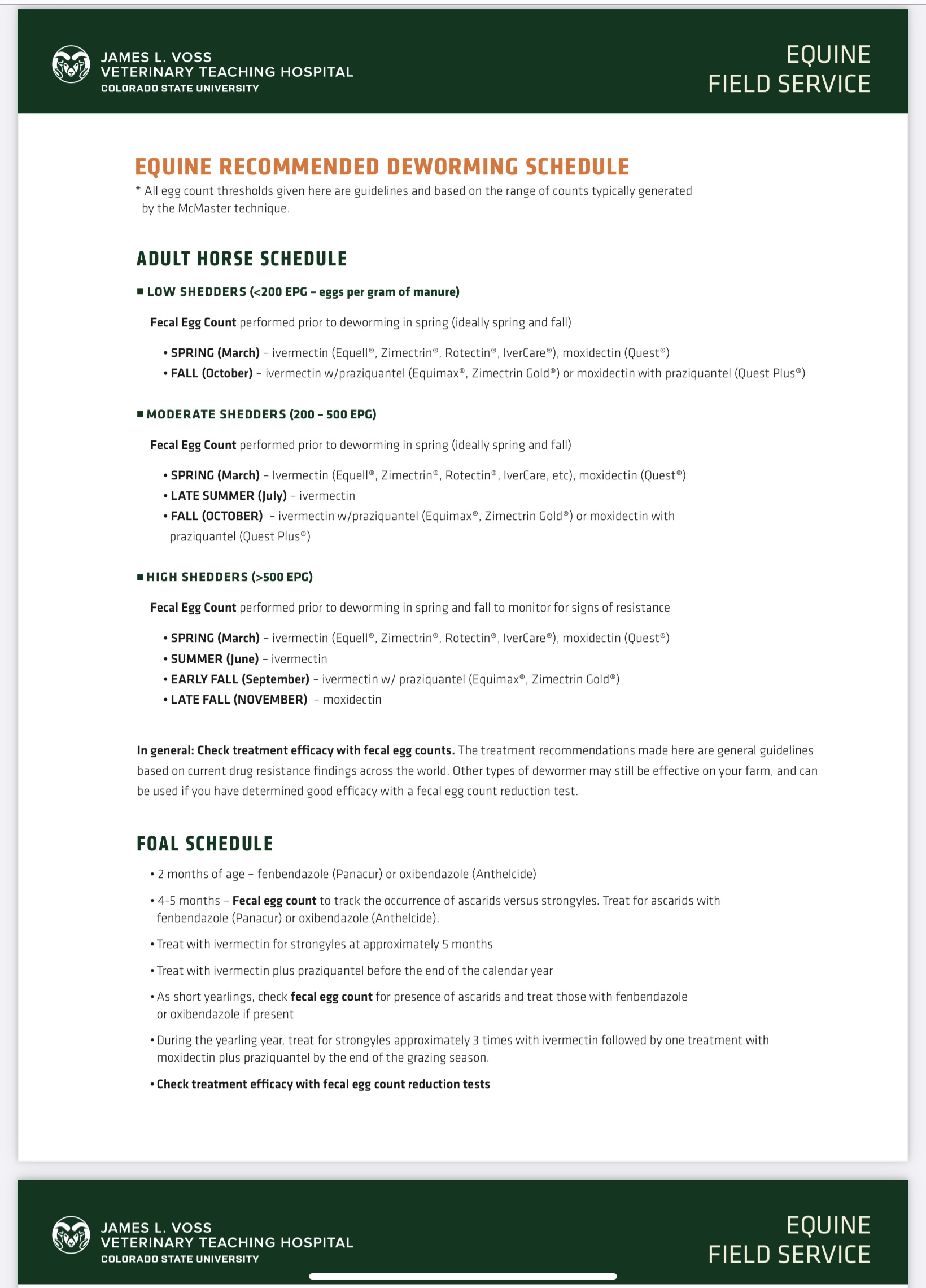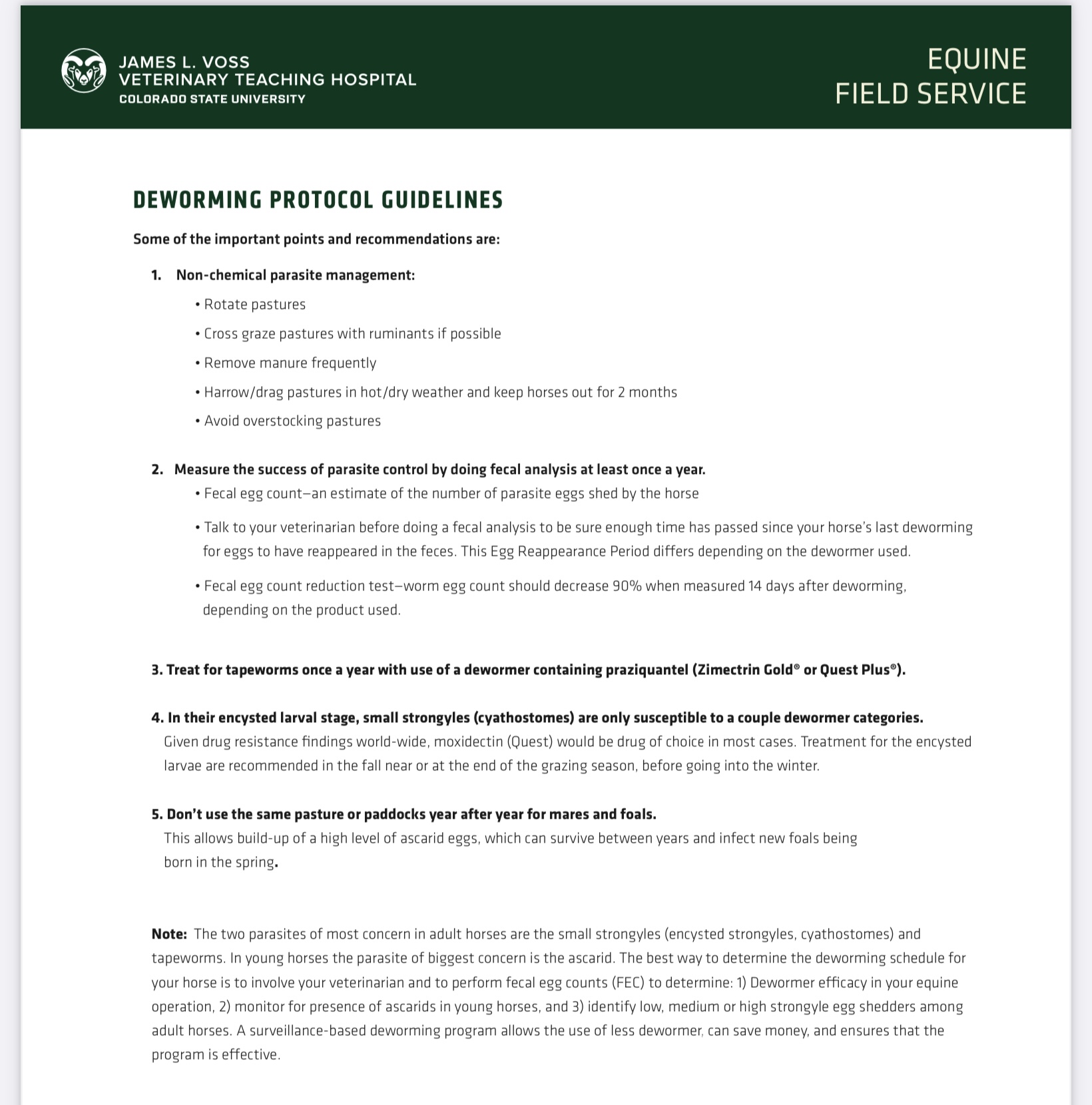Worming your horse naturally
A practical recipe for natural horse worming: herbs, plants, charcoal etc and routines to support parasite control in resistant, gut-sensitive horses.
Complimentary Worm Treatments designed for Horses who appear Resistant to Allopathic or Traditional Wormers… Maybe a controversial subject.
The following is a recipe I’d like to share with others to give options to a horse like mine. All information here is gathered from my own personal experiences. Experiment at your own risk. Please feel free to make contact should you require additional information.

The experience that led me to experiment with other methods:
I purchased a 2 year old unhandled Filly from the far north in Nz. By unhandled I mean never touched whatsoever. She grazed in a herd of horses and other farm animals in a 100 acre paddock with access to native trees weeds and heavily grazed grass in a warm climate.
This filly took a shine to me as I did to her.. After halter training her, brushing and basic handling I decided to worm her with a broad-spectrum horse wormer as her coat was very dull. This resulted in her scouring, worse than a cow on fresh lush pasture.
My next step was to bring her home where I could isolate her in her own paddock and obtain a dung sample for fecal egg count testing. I’d learnt many moons ago at university that we were low in differing worming products, so testing was paramount in order to isolate what you were targeting, reducing the number of worming sessions needed and also to avoid animals becoming resistant to wormers.
I sent her sample & my older horses also as he had been grazing on the same property. Results came in via email. My older horses worm count came in at zero. My mare came in at 500.
There was no list of what a good safe level of worms were or any information to be fair. Nor were there any specifics as to what type of worm I was targeting.
Very disappointed by the return info, I decided to call the vet. At this stage I had 2 weanlings on my property also.
So apparently 0 level of worms required worming also much to my surprise. 500 turned out to be medium amount. What scared me most was my mares’ worms were strongyles!! The worst most resistant worm to be rid of.
So, the vet gave me the name of the wormer I should use. She suggested I give anything containing Moxidectin. & to give it to my older horse also. She also stated my weanlings needed to be wormed 6 weekly til the age of one. This did not feel right to me. Worm yes, but that often? I drenched the two older horses. Much to my dismay they both scoured worse than a cow. Upon relaying this information, I was then informed of how the strongyle worms affect horses & that basically that’s all there was to offer, much of the same treatment & reaction from a resistant worm and a resistant horse. I have also read fecal egg counts are unable to detect Encysted Strongyle worm larvae. These are believed to be the reason horses can die when traditional wormers are used as they can go onto cause parasitic colitis. Then you read about the Panacur Bomb which can save a worm burdened horse but destroy their digestive system.
When you collect your sample for vet analysis, you use only 4-5 nuggets which also could be questionable considering there’s approximately 40 odd nuggets to choose from.
About this time I recall reading how old horsemen wormed their horses with tobacco. One of my mares is partial to a bit of tobacco leaf whilst we are out riding.
Lots of informationto take in & consider.
From then I decided to look at other avenues which I’m so glad I did.
Here’s my recipe:
Monthly over every full moon, ( this being the easiest time for bodies to excrete parasites ) I give my horses one of the following:
– Homeopathic farm worm or Homeopathic Horse Worm
– A small amount of Mugwort (generally when flowering or the young tips of the plant)
– Homemade Apple Cider Vinegar
– Homeopathic Farm Worm (drops only according to body weight)
– Ground flax seed
– Toetoe pronounced Toytoy
– Red Matipo
– Wormwood (very small amounts dried)
– Garlic granulated or wild onion (garlic given every day is said to deplete Vitamin A. Therefore, I generally only use as a wormer for 5 days in a row over the full moon
– Citrus leaves as they all farm animals appear to crave these
– Activated Charcoal
– Thyme (small amounts only)
– Ground up pumpkin seeds
– Tobacco weed leaf only
13-14 days later I repeat the worming method but use something different in order to eradicate the parasites eggs.
So, if you’re going to ask me which combinations or dosages, don’t. I mix them around each time depending on what’s flourishing.
I’ve grown most of the plants listed. Due to my horses being raised on their mums in amongst our native fauna & flora I trust their instincts. I hand graze them offering them the opportunity to eat a little of these plants and tree’s watching what they choose to forage, which season and how much.
If they refuse the mugwort, cleavers or flaxseed etc it’s a learning curve for me as to their needs. Differing conditions sees them seeking out plants they normally avoid.
In addition to these methods:
– I feed my horses & other farm animals Livamol bio worma especially after worming. This coats the larvae in manure & reduces reinfections in your pasture.
– Feed mature long grass preferably with seed heads rather than short grass
– Cross graze my land with sheep and goats
– Rest paddocks for a minimum of 6wks before a horse goes back in there
– Free range chooks break up dung piles exposing them to sunlight but not dragging the manure all over the entire paddock.
– Feed Slippery Elm & baking sofa if a horse does have an adverse reaction to one of my worming methods. I keep feeding it until they come right again.
– Offer Koromiko also if they appear to have a gut upset
– I throw seaweed straight from the beach onto my land especially before a big storm.
– Feed what’s in season, puha, cleavers in spring along with seasonal fruit all year round.
– I avoid too many processed feeds. Preferring to soak whole oats & give a salt & mineral lick. – As I believe a healthy wholesome diet is part of the parasite puzzle.
– Watch your animals graze in the paddocks especially in amongst trees. I notice one animal from a herd will seek out the charcoal from a burnt log, lying down in amongst the ash & licking the burnt wood. Then to find out at a later date, one of charcoal’s medicinal uses is anthelmintic or anti-parasitic
– Any sickly horses that come into my care are walked around the weeds and purposely grown plants to observe what they crave most.
– Anything with ongoing viruses or sickness is generally a susceptible host to parasites. On occasion I will make up a decoction for these animals from raw garlic, honey, water & my apple cider vinegar. In this instance it’s given daily & topped up with water until it’s fed out between 4-5 wks. I find this a great immune booster.
So, on with my own parasitic journey, I discovered the only horse on my property who was resistant to traditional wormers was also very sensitive gut wise. However, being a good doer & of mixed breed she always looked well covered never a light weight.
One full moon, I’d discovered homeopathic horse worm which listed P Strongulus & Strongorloid as some of its ingredients. Being a large mare, I added quite a few drops to her feed.. Well, what resulted scared me. I thought I’d killed my horse. Much to my horror, She scoured black sticky slimy bowel motions that stuck to her legs & tail like glue. This substance was so thick I was unable to wash much of it off. Immediately I gave her slippery elm, baking sofa, fresh plantain & Koromiko. This obviously soothed her gut. Along with a fresh paddock of long mature mixed grasses.
Since then, we have come along way. Last 2 springs I’ve been able to give her an allopathic wormers successfully . For the first time in years there were no side effects. Most months I ‘drench’ my animals with something natural for 4-5 days.
I’m sure there are loads of other plants, trees, weeds and foods that will also be classed as anthelmintic or anti parasitic. Seems to be a lot that are understudied as to their medicinal uses.
The scotch thistle with the beautiful bright purple flower that our horses seem to be able to pick & eat so delicately I’ve been told has the best medicinal properties and a cure all by the locals.. so that is one I will delve into & learn about.
Below are some interesting articles written on parasites/worms from both sides of the coin..
Click here to read the article
If you’re unsure or you’re horse is pregnant, please consult an animal herbalist or your vet before trying any of the above remedies. Or chat with a homeopath.. there’s Paulette from Natural Pet or Shona from Dynamic Homeopathy. We are also very fortunate to have a Homeopathic Vet in Northland.


